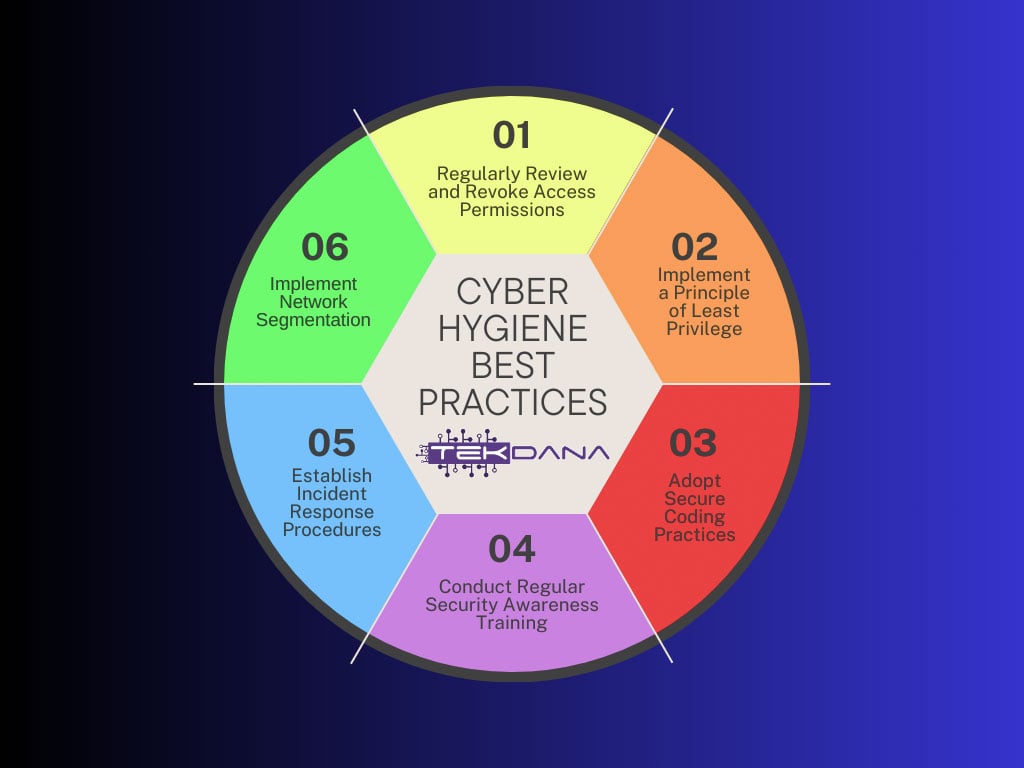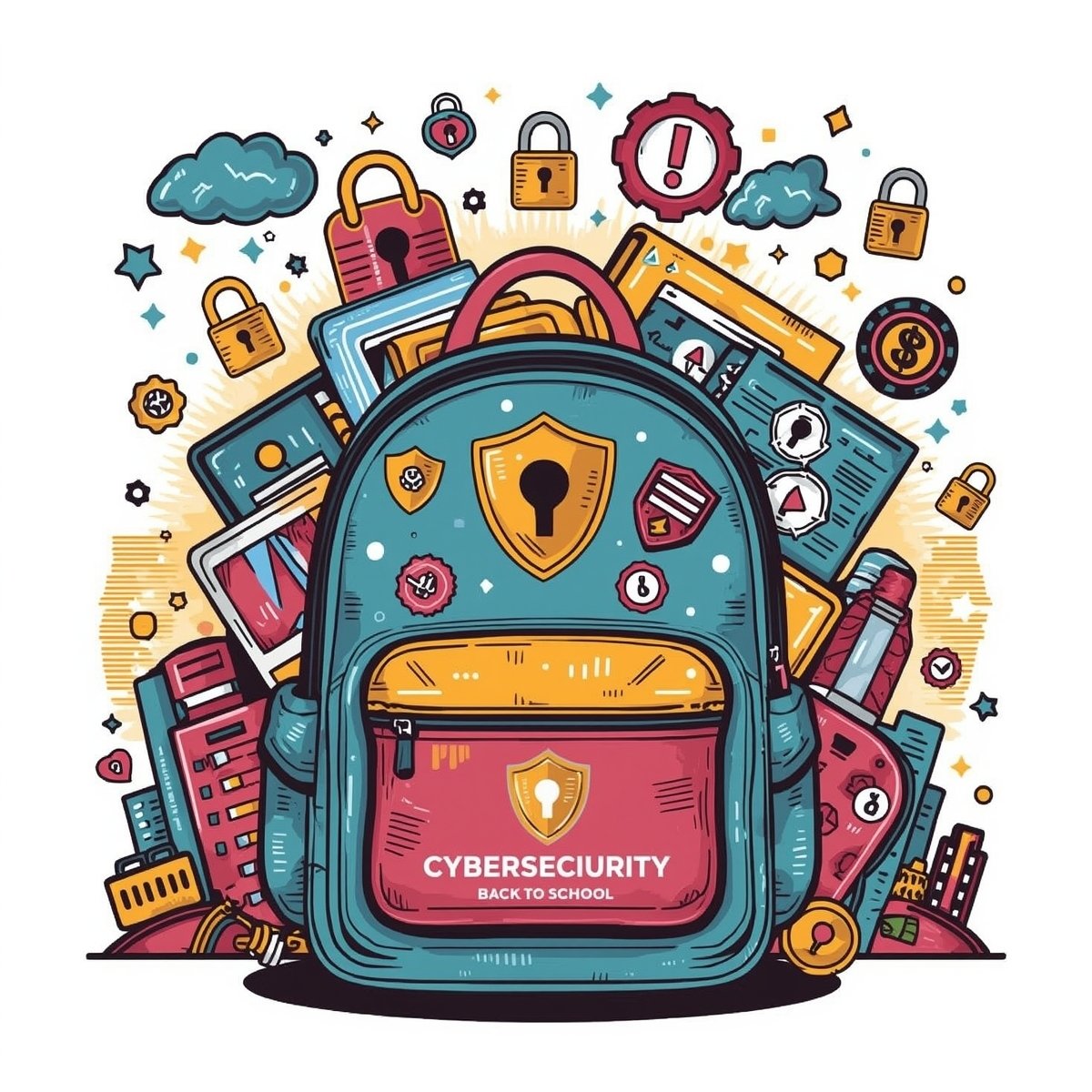Cyber hygiene refers to the practices and measures taken to maintain good cybersecurity. For businesses, it is essential as it protects sensitive data, preserves critical systems, and mitigates the risk of cyber attacks. By implementing strong passwords, updating software, and educating employees, businesses can reduce the likelihood of breaches. Below, we provide some key points of best practices to enhance your cyber hygiene.
Disable AutoRun/AutoPlay:
AutoRun and AutoPlay features, commonly found on operating systems, can automatically execute files from removable media such as USB drives. By disabling these features, you can prevent malware from spreading through unauthorized execution. This simple step significantly reduces the risk of malware infections and unauthorized access to your systems.
Implement Web Filtering:
Web filtering tools provide an additional layer of defense by blocking access to malicious or compromised websites. By carefully controlling internet access and filtering out potentially harmful content, you can minimize the risk of employees inadvertently visiting malicious sites that distribute malware or engage in phishing attacks.
Regularly Monitor Network Traffic:
Monitoring network traffic in real-time allows you to identify any unusual or suspicious activity that may indicate a malware infection or unauthorized access attempt. By leveraging network monitoring tools, you can detect and respond to potential threats promptly, mitigating their impact and preventing data breaches or system compromises.
Implement Application Whitelisting:
Application whitelisting is a proactive security measure that allows only authorized and trusted applications to execute on your company's systems. By explicitly defining a list of approved applications, you can prevent malicious software or unauthorized programs from running, significantly reducing the risk of malware infections and unauthorized system modifications.
Secure Mobile Devices:
Mobile devices have become an essential part of business operations, but their portability also makes them vulnerable to cyber threats. Implementing strong security measures on mobile devices, such as enforcing strong passcodes, enabling device encryption and using reputable security apps, helps protect sensitive company data and prevents unauthorized access in case of loss or theft.
Conduct Security Awareness Training:
One of the most critical aspects of cyber hygiene is educating employees about the risks they face and the best practices they should follow. Regular security awareness training sessions help employees recognize potential threats, such as phishing emails or suspicious websites, and empowers them to take appropriate actions to protect company data. By fostering a culture of cybersecurity awareness, you can significantly reduce the likelihood of successful cyber attacks.
Implementing these key points, businesses can significantly enhance their cybersecurity defenses. However, it's important to remember that cyber hygiene is an ongoing process that requires constant vigilance and adaptation to emerging threats. By consistently practicing good cyber hygiene, businesses can protect their digital assets, maintain customer trust, and ensure the continuity of their operations in an increasingly interconnected world.




